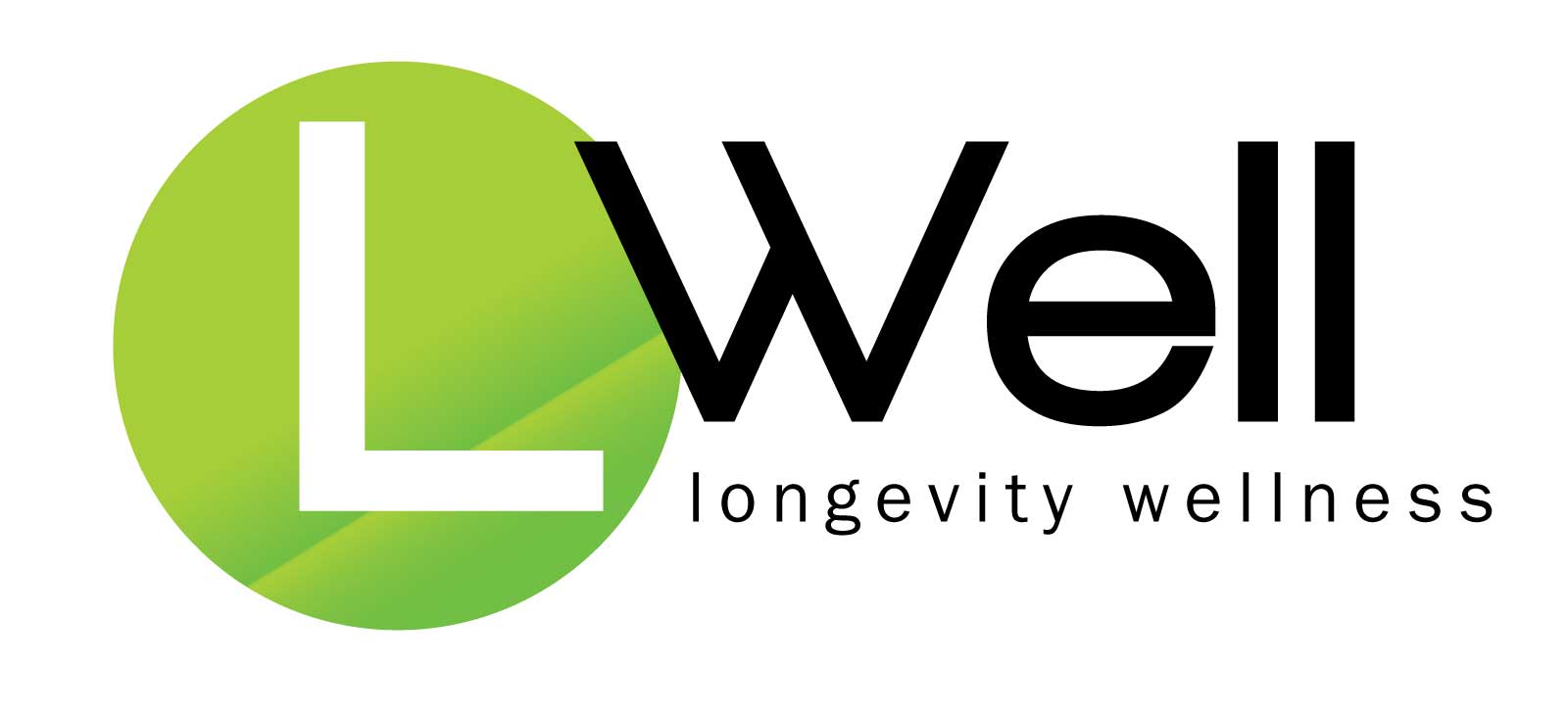What are Ultra-Processed Foods?
In today’s world, there is an abundance of overly processed foods—packaged foods and products that have an overwhelming list of confusing ingredients. A lot of times, you don’t even know what half of the ingredients are (much less how they’re pronounced). These types of foods are considered “ultra-processed,” which according to the Food and Agriculture Organization of United Nations, are “formulations of ingredients, mostly of exclusive industrial use, typically created by series of industrial techniques and processes.”
According to Kristin Louis, a registered dietitian nutritionist at LWell, the way to identify these types of foods is if the ingredient list contains “substances rarely or never used in kitchens, or classes of additives whose function is to make the final product palatable or more appealing.” (Think: chemicals, flavorings, food dyes, etc.)
Ultra-processed foods can also contain an excess of salt, sugar, fat, and preservatives, which can contribute to obesity and various diseases. Therefore, it’s important to consume all processed foods in moderation and to focus your diet on mostly whole unprocessed foods like meat, vegetables, nuts and fruits. It’s nearly impossible for most people to avoid all processed foods entirely, so look for packaged items with the shortest ingredient lists.
Let LWell’s Registered Dietitian Nutritionists create a custom meal plan for you based on whole, unprocessed foods. Medical Nutrition Therapy is usually covered by insurance and is a proven and effective treatment for a multitude of diseases including but not limited to obesity, diabetes, heart disease, autoimmune disorders, depression and more.
This article was adapted from the LWell Program of Excellence “Ultra-Processed Foods” recorded live on 9/21/21.
Ready to Get Started!
Connect with a Coach
LWell’s Certified Health Coaches are here for you.
Set Your Goals
And get the support you need to succeed.
Change Your Mindset
It’s time to think about weight loss differently.
Reimagine Your Health
Heal your relationship with food at last.
Fitness Plans
Tailored programs to fit your lifestyle.
Expert Insights
Understand why you’ve struggled to lose weight.
Quit the “Diet Game”
We’re talking about permanent lifestyle change.
Tools for Success
Apps to help you stay motivated.
Is this test right for me?
To determine if a GI map is right for you, consider your symptoms, medical history, and treatment goals. If you're experiencing persistent gastrointestinal issues, unexplained symptoms, or have a family history of digestive disorders, discussing GI mapping with an LWell provider may provide valuable insights. Consulting with LWell can help assess whether the test aligns with your healthcare needs and goals, guiding you in making an informed decision about whether to pursue GI mapping as part of your diagnostic and treatment journey.
How accurate is this test?
GI mapping tests utilize advanced molecular techniques to analyze the composition and function of the gut microbiome, providing detailed insights into microbial diversity, imbalances, and potential markers of gut health and disease.
Sample required
The Gastrointestinal Microbial Assay Plus (GI-MAP™) is an innovative
clinical tool that measures gastrointestinal microbiota DNA from a single
stool sample with state of the art, quantitative polymerase chain reaction
(qPCR or real-time PCR) technology.
Get on Track
Call to schedule your appointment with an LWell dietitian and get on track to better health.
(833) 516-0454
Williamsburg, VA 23185

